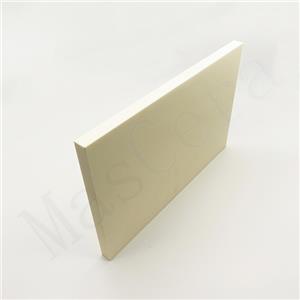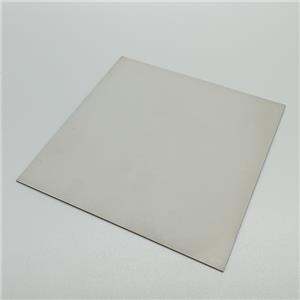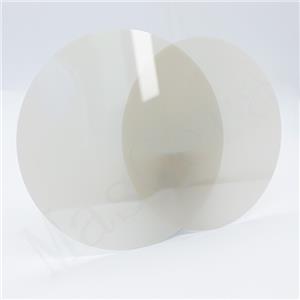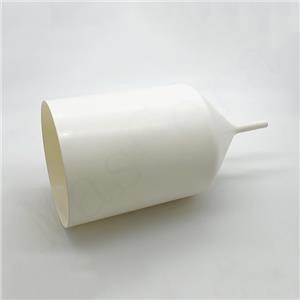How to Choose the Right Ceramic Materials for Your Application
Ceramic materials—especially technical ceramics—have become indispensable in modern industry due to their outstanding properties. These materials are widely used across sectors such as electronics, mechanical systems, metallurgy, energy, aerospace, chemicals, and medical equipment, often replacing metals in demanding applications.
Unlike traditional ceramics, technical ceramics are engineered for superior performance and durability, offering excellent hardness, high-temperature resistance, corrosion resistance, and electrical insulation. This article introduces six technical ceramic materials offered by Mascera, including alumina ceramics, zirconia ceramics, and silicon nitride ceramics, and explains how to choose the right material for your needs.
Key Performance Indicators of Technical Ceramics
When selecting ceramic materials, consider the following key properties:
Hardness: High hardness ensures excellent wear resistance and shape retention under load.
Temperature Resistance: Some ceramics withstand temperatures above 1600°C, ideal for furnaces, heat shields, and thermocouple protection.
Corrosion Resistance: Ceramics resist chemical attack, making them suitable for chemical processing, pumps, and marine applications.
Mechanical Strength: Zirconia ceramics offer exceptional toughness, suitable for load-bearing structures.
Electrical Insulation: Most technical ceramics are excellent insulators, used in electronic substrates, insulators, and power modules.
Ceramic Materials and Their Applications
Alumina Ceramics
Features: High hardness, wear resistance, excellent insulation, cost-effective, withstands up to 1700°C.
Applications: Thermocouple tubes, ceramic substrates, seals, insulating parts, guide rails.
Zirconia Ceramics
Features: High toughness, impact resistance, crack resistance, excellent for precision machining.
Applications: Industrial blades, structural parts, dental and medical implants, bearings.
Silicon Nitride Ceramics
Features: Strong resistance to thermal shock, high strength, fatigue resistance, lightweight.
Applications: Bearing balls, engine parts, high-speed mechanical components, heat exchangers.
Silicon Carbide Ceramics
Features: Extremely hard, high-temperature resistant, excellent thermal conductivity, chemically stable.
Applications: Furnace linings, chemical nozzles, semiconductor tools, seal rings.
Boron Nitride Ceramics
Features: Excellent insulation, machinable, thermal stability, non-wetting to metals.
Applications: Vacuum insulation, crucibles, electronic packaging, thermal barriers.
Aluminum Nitride Ceramics
Features: Very high thermal conductivity (>170 W/m·K), good electrical insulation, CTE close to silicon.
Applications: Heat sinks, power modules, LED packaging, high-frequency electronics.
Matching Materials to Application Requirements
| Application Requirement | Recommended Materials | Reason |
| High Temperature (>1500°C) | Alumina Ceramics, Silicon Carbide | Excellent thermal stability |
| Wear & Impact Resistance | Zirconia Ceramics, Silicon Nitride | High toughness and strength |
| Electrical Insulation | Alumina, Boron Nitride, Aluminum Nitride | High resistivity, ideal for electronics |
| Thermal Conductivity | Aluminum Nitride, Silicon Carbide | Efficient heat dissipation |
| Corrosion Resistance | Silicon Carbide, Zirconia | Chemical and acid/base resistance |
| Machinability | Boron Nitride | Can be turned, drilled, and shaped easily |
Let Mascera Help You Choose
To help you find the most suitable ceramic materials for your application, please share the following information:
Application and industry
Key performance requirements (temperature, insulation, conductivity, strength, etc.)
Drawings or sample parts (if available)
Estimated quantity or sample request
Mascera offers technical support, custom machining, and sample preparation for all six of our core ceramic materials. Contact us today to find the perfect match for your project.




